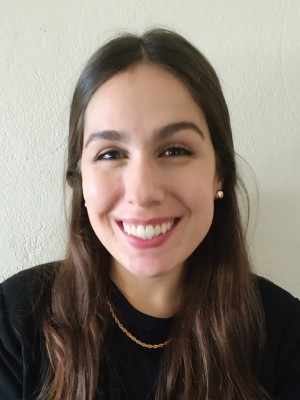resumo
Products extracted from natural resources are an increasing trend in several fields promoted by consumer demand. Allied to the importance attached to the concept of natural product should be the way the natural product is obtained. In this work, chlorophyll was extracted from batches of wild-harvested and farm-raised green macroalgae Ulva spp. from two different European locations, Portugal and France. The performance of different aqueous solutions of tensioactive compounds such as ionic liquids and common surfactants in the yield of extraction of chlorophyll was studied and the operational conditions of extraction were optimized. The effect of drying the biomass on the yield of extraction of chlorophyll was evaluated as well as the effect of both locations (and the specific conditions of each location in terms of nutrients, water temperature and light intensity) in chlorophyll production. After optimization of all operational conditions, a maximum yield of extraction of 5.96 mg(chl).(gdry) (-1)(algae) was obtained using 250 mM of tributyltetradecylphosphonium chloride ([P4,4,4,14]Cl). The use of this solvent has allowed the development of a cost-effective (conclusion obtained after the economic analysis) and efficient process capable of maintaining the stability of the final product for more than one month.
palavras-chave
NATURAL PIGMENTS; MACROALGAE; QUANTIFICATION; CAROTENOIDS; BIOREFINERY; RECOVERY
categoria
Engineering, Chemical
autores
Martins, M; Fernandes, APM; Torres-Acosta, MA; Collen, PN; Abreu, MH; Ventura, SPM
nossos autores
Projectos
CICECO - Aveiro Institute of Materials (UIDB/50011/2020)
CICECO - Aveiro Institute of Materials (UIDP/50011/2020)
GENIALG - GENetic diversity exploitation for Innovative macro-ALGal biorefinery (GENIALG )
Collaboratory for Emerging Technologies, CoLab (EMERGING TECHNOLOGIES)
agradecimentos
This work was developed within the scope of the project CICECO-Aveiro Institute of Materials, UIDB/50011/2020 & UIDP/50011/2020, financed by national funds through the FCT/MEC and when appropriate co-financed by FEDER under the PT2020 Partnership Agreement. Margarida Martins acknowledges Fundacao para a Ciencia e a Tecnologia (FCT) for the PhD grant (SFRH/BD/122220/2016). This work was funded by the European Union Horizon 2020 programme (project ID 727892, GenialG - GENetic diversity exploitation for Innovative Macro-ALGal biorefinery, http://genialgproject.eu/).



